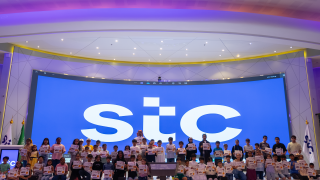The FCC issued a “Final Stage Rule” earlier this week, but said bidding will continue until there is “no excess demand” for the repurposed bandwidth.
The 600MHz low-band spectrum has been repurposed from broadcasters, who will receive at least $10.05 billion from the sale. Though final numbers have yet to be released, this figure suggests the final amount paid to the broadcasters will be significantly less than the $86.4 billion initially agreed with the regulator for 126MHz of spectrum.
14MHz of unlicensed spectrum had also been made available for new services, with the majority of spectrum running across the 600Mhz band.
The FCC held a number of unsuccessful rounds of bidding, despite 62 announced bidders who qualified for the auction, including Verizon, AT&T and T-Mobile.
The announcement by outgoing chairman Tom Wheeler means the FCC has finally met the requirements of the auction at the fourth stage of bidding.
Wheeler said: “The world’s first spectrum incentive auction has delivered on its ambitious promise. Reaching the Final Stage Rule means the benefits of the auction are indisputable.
“There is still a long road ahead to successfully implement the post-auction transition of broadcast stations to their new channels and bring the new wireless and unlicensed spectrum to market. This will be an extremely important task for my successor and the new Commission; I wish them well.”
It will be Wheeler’s final act as chair, in what has been a challenging few years for the FCC. On top of the setbacks with the spectrum auction, Wheeler’s administration has also been locked in legal disputes with both AT&T and Verizon over net neutrality laws introduced during his tenure.
Wheeler’s successor, who will be named by incoming president Donald Trump, will be tasked with transitioning the spectrum for its new usage. According to reports from yesterday, Ajit Pai has emerged as an early favourite for the role.




